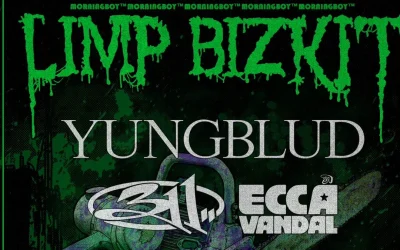A class action lawsuit against Ticketmaster and the National Collegiate Athletic Association (NCAA) concerning lotteries the two have conducted for years for Final Four tickets is continuing to wind its way through court, and justices are seeking an Indiana Supreme Court ruling as it moves forward.
This month, the Seventh Circuit Court of Appeals sent three questions to the state’s Supreme Court for which they need rulings in order to adjudicate the case. At issue is whether the lotteries Ticketmaster and the NCAA run are considered illegal under Indiana law. The original lawsuit was filed in Indiana, where the NCAA is located.
The two entities require fans to pay upfront for tickets to the Final Four, but they do not receive tickets unless they win a random-drawing lottery. If they don’t win, the face value of the tickets is refunded, but the two keep the processing fee, which adds several dollars to the overall price of the ticket. This fee can run between $6 and $10 per ticket. The NCAA has since stopped the practice of retaining the fees, but the legal case is continuing because of the potential legal precedent and past damages.
“We do note that the question of whether this ticket-distribution system constitutes a lottery under Indiana law is a close one, and our holding could have far-reaching effects on sports-ticket-distribution systems utilized by the NCAA and others,” the appeals court stated.
“At this juncture, we believe that affording the Indiana Supreme Court the opportunity to interpret the application of the Indiana statutes involved here appears to be the most prudent course of action.”
The three areas for which the appeals court is seeking guidance are: Do the plaintiffs’ allegations concerning the allocation of tickets “describe a lottery that would be unlawful under Indiana law; if so, would that allocation method be exempt under rules for “bona fide business transactions that are valid under the law of contracts;” and, again, if so, would the plaintiffs’ claims be subject to an “in pari delicto” defense? The Latin term roughly translates to “in equal fault,” and means from a legal standpoint that two or more parties might be guilty of a crime or infraction.
When the Indiana Supreme Court might discuss those questions is unknown.
“The current position is, the Seventh Circuit has asked the Indiana Supreme Court to answer certain questions regarding Indiana state law,” Chicago attorney John Moore, told TicketNews. Moore, a legal expert in ticketing matters, is not involved in the case. “If the Indiana Supreme Court chooses to do so (which it probably will), the Seventh Circuit will decide how to proceed based on the answers to those questions. The case is still very much alive.”
Indiana officials are the only ones in that state who are legally allowed to run lotteries, but the NCAA’s defense rests, in part, that the group was not running a lottery under the state’s description, and initially a lower court ruled that fans were aware of the practice of the NCAA retaining the fees and accepted that component.
“The NCAA’s process to distribute championship tickets to our fans is legal and fair, and we believe the Indiana Supreme Court will agree after further consideration,” NCAA spokesman Erik Christianson said in a statement to Bloomberg News.



